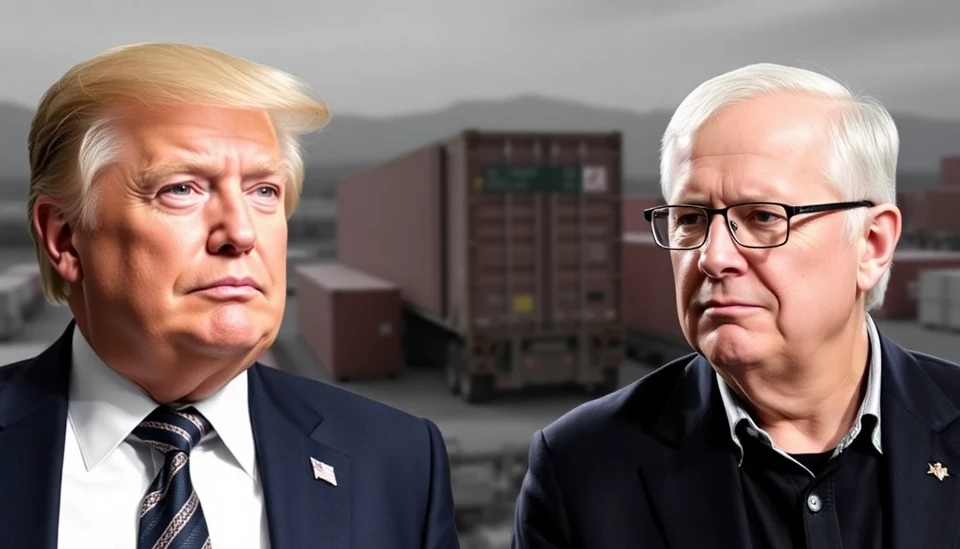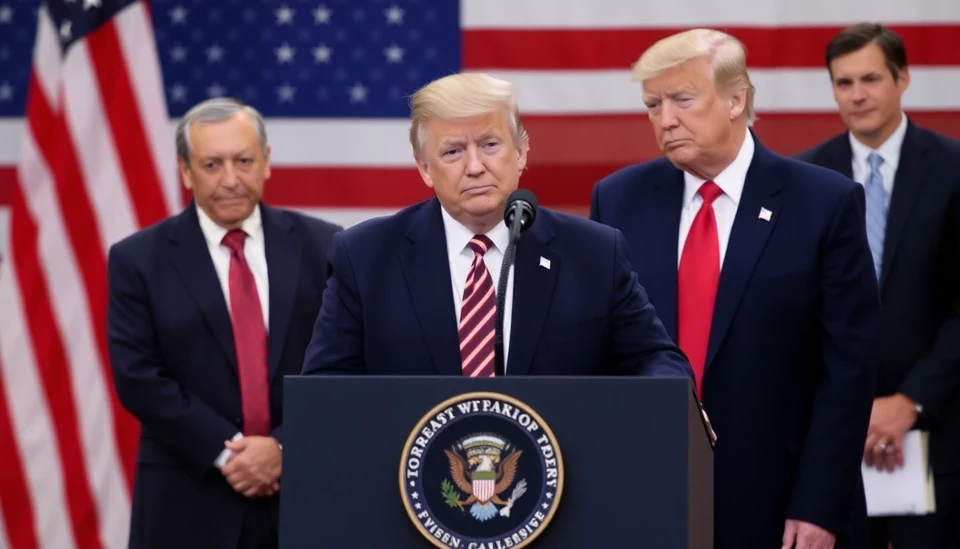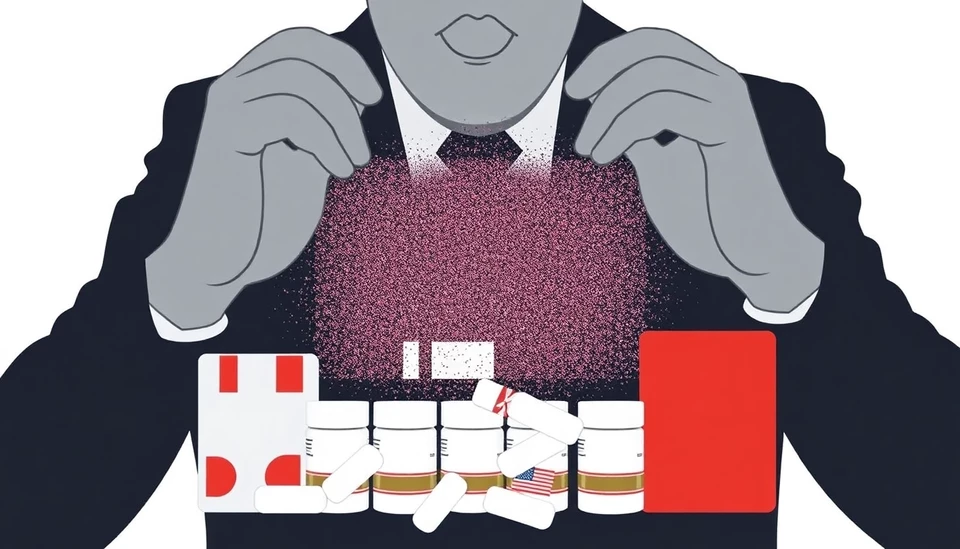
In the wake of anticipated tariffs imposed by former President Donald Trump on various Latin American goods, opinions across the region are starkly divided. As discussions heat up regarding the potential economic implications of these tariffs, leaders and citizens alike find themselves weighing the options for retaliation, or lack thereof.
The looming tariffs, which are part of Trump's larger trade strategy, threaten significant impacts on the economies of Latin American countries. While some leaders advocate for a swift and decisive response, others caution against escalating a trade war that could ultimately harm their own economies even more. The response from Latin America, a diverse region with varying economic dependencies on the United States, showcases a complex diplomatic landscape.
Proponents of retaliation argue that standing up to the tariffs is essential for protecting national interests. Countries like Mexico and Brazil, which have extensive trading relationships with the U.S., have significant stakes in the outcomes of potential trade negotiations. As Trump’s administration leans towards a more aggressive stance, these nations are grappling with the best courses of action in defending their economic markets.
On the opposite spectrum, voices advocating for a more restrained approach highlight the risks involved in retaliatory measures. Economists warn that retaliating against the U.S. could lead to unintended consequences, such as job losses and reduced exports. The intricate interconnectedness of trade between the U.S. and Latin America means that aggressive responses could backfire, leading to further economic strain during a globally challenging economic period.
Moreover, public opinion varies widely within these countries. Citizens express mixed feelings—some expressing frustration over potential economic repercussions stemming from Trump’s policies, while others remain skeptical about whether retaliation would yield any positive change or stability. This polarization adds a layer of complexity to the decision-making processes of political leaders who seek to balance domestic pressures with international relations.
As these discussions progress, the outcomes may not only impact trade but could also influence broader diplomatic relationships between Latin America and the United States. With mid-term elections approaching in the U.S., how these tariff strategies evolve could also shape the political landscape on both sides of the border.
In conclusion, Latin America’s response to Trump’s forthcoming tariffs reflects a significant juncture in international trade relations, where economic, political, and public sentiment intersect. The decisions made in the coming weeks will likely reverberate throughout the region for years to come, making it a critical moment for leaders and citizens alike.
#TrumpTariffs #LatinAmerica #TradeWar #EconomicImpact #InternationalRelations #Mexico #Brazil #PublicOpinion #TradePolicy
Author: Laura Mitchell




